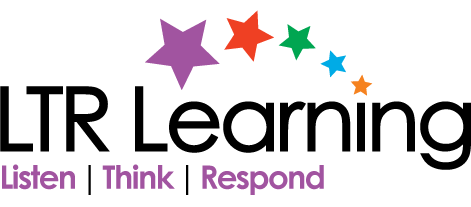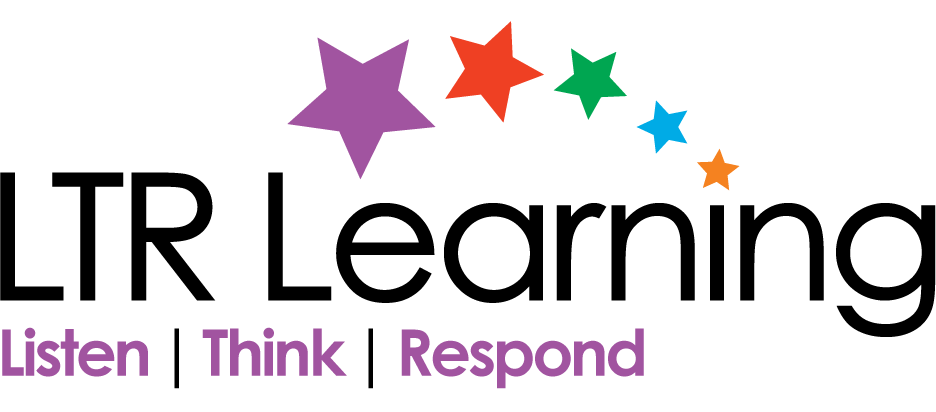
In August 2015, our family made our final move to Adelaide from the Netherlands, having previously moved there from Asia. Adam was 6 years of age and fluent in Dutch and his mother tongue.
One of my biggest worries was how Adam would fare in English as he had only had limited exposure to the language in Holland. At his new school in Adelaide South Australia, I expressed my concerns to the Principal. She told me not to worry as the school was using an English language program in the primary classes which would help Adam.
When Adam joined Grade 1, his reading level was 6. His teacher helped Adam by starting from the beginning of the program with the single letters of the alphabet. In four months, by the end of Grade 1, his reading level had moved up to level 17.
Grade 2 was the champion year for Adam, not just to improve his language, but to fall in love with it too. In seven months, by July 2016, he was reading novels – that is in less than a year after moving to Australia. In addition, his writing skills also improved exponentially.
As I write this in March 2017, in Grade 3 Adam recently passed a grammar test with 19/20. At 8.30pm yesterday, he was wide awake in bed reading. I told him to go to sleep and he answered, ‘Mamma, you know I love reading!’
I have no words to thank the creators of this wonderful English program and the amazing teaching skills of the teachers using it, that has had an immense influence on Adam. Thank you so much from the bottom of our hearts.
Adam’s mother

